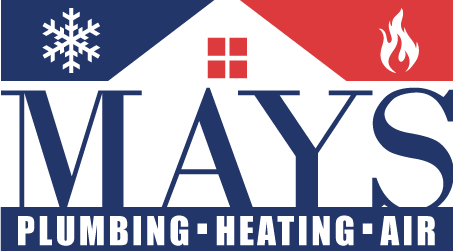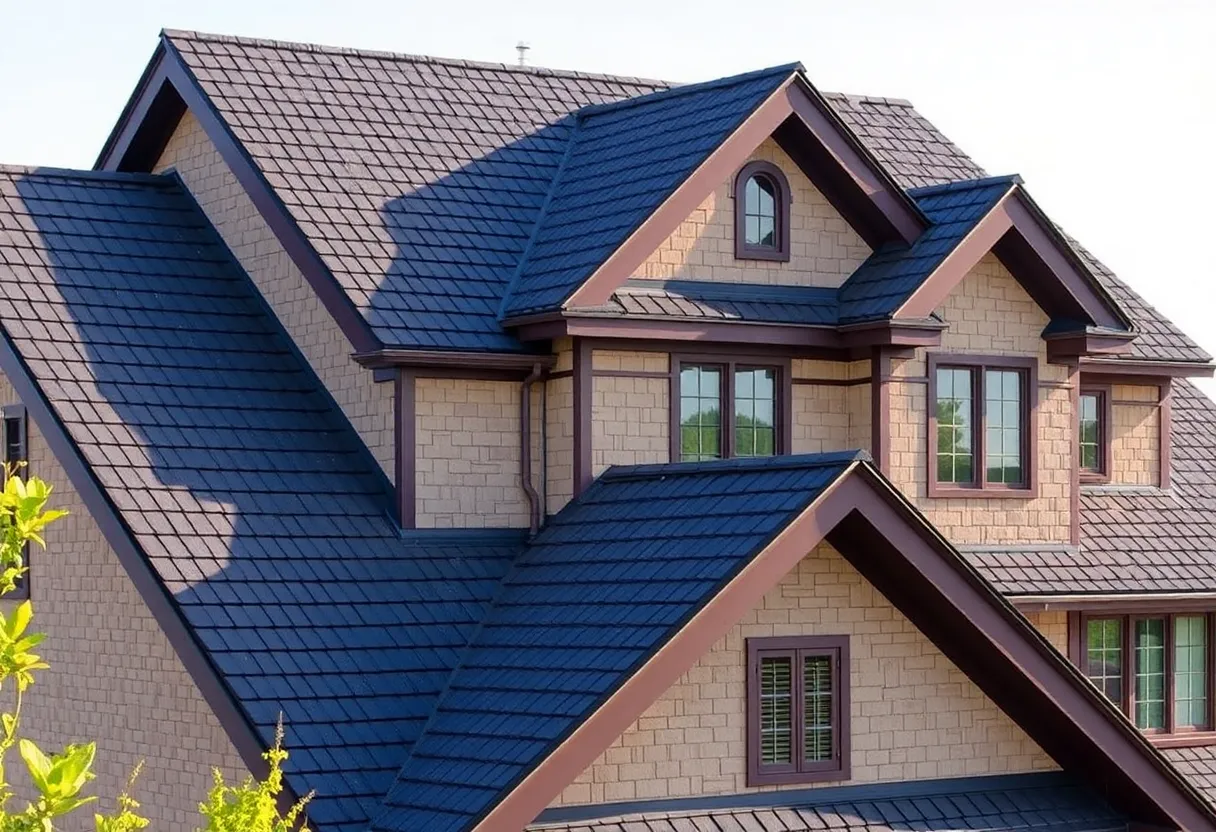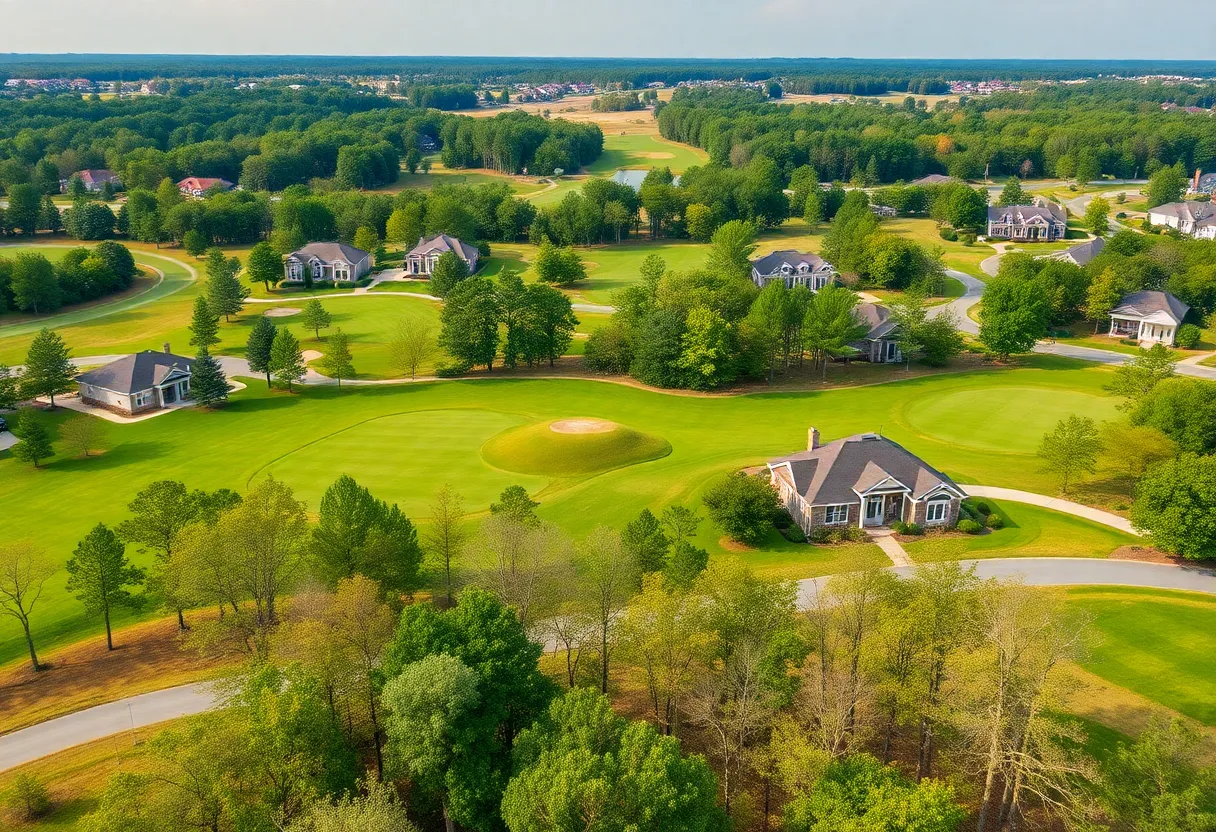How to Pick the Perfect Roofing Style for Your Home’s Architecture?
Choosing the right roofing style for your home is more than just a matter of aesthetics. It involves harmonizing the roof with your home’s architectural design while also considering factors such as climate, cost, and durability. This article provides a comprehensive guide to help you select the perfect roofing style that complements your home’s architecture.
Understanding Architectural Styles
Before diving into roofing styles, it’s essential to understand different architectural styles, as they significantly influence roofing choices. Here are a few prevalent styles and their characteristics:
1. Traditional Styles
Traditional architecture often includes Colonial, Victorian, and Craftsman homes. These styles typically feature symmetrical designs and classic roof shapes.
2. Modern Styles
Modern architecture often emphasizes simplicity, clean lines, and the use of new materials. These homes may feature flat or low-slope roofs, often incorporating eco-friendly materials.
3. Rustic Styles
Rustic homes, such as log cabins and farmhouses, often utilize natural materials and have steeply pitched roofs to shed snow and rain effectively.
Key Roofing Styles
Once you understand your home’s architectural style, you can explore roof types that will enhance its overall aesthetics and functionality.
1. Gable Roofs
Gable roofs are characterized by two sloped sides that meet at a peak, creating a triangular shape. This style is versatile and suitable for various architectural designs.
- Advantages: Gable roofs are easy to construct, allow for excellent drainage, and provide ample attic space.
- Considerations: They may not be ideal for areas prone to high winds.
2. Hip Roofs
Hip roofs consist of four sloping sides, which converge at the top to create a ridge. They lend a more symmetrical look to the home and are often used in traditional homes.
- Advantages: Hip roofs are more stable and better suited for high wind regions.
- Considerations: They can be more expensive to build compared to gable roofs.
3. Flat Roofs
Flat roofs are characterized by their minimal slope and offer a modern aesthetic. They are prevalent in modern architectural styles.
- Advantages: They allow for usable rooftop space and are easier to construct and maintain.
- Considerations: Proper drainage is crucial to prevent water pooling.
4. Mansard Roofs
Mansard roofs feature a dual-pitched design with a steeper lower slope and a gentle upper slope. This style provides added living space, making it ideal for attic conversions.
- Advantages: They maximize living space and allow for unique architectural detailing.
- Considerations: Mansard roofs can be costly and complex to construct.
Factors to Consider When Choosing a Roofing Style
Selecting the perfect roofing style involves assessing the following crucial factors:
1. Climate
Understanding your local climate is vital. For instance, areas with heavy snow may benefit from steeply pitched roofs, while flat roofs may be acceptable in dry climates.
2. Material Durability
Consider the roofing material associated with different styles. Metal, slate, and tile are durable options but may vary in aesthetics and cost.
3. Maintenance
Some roofing styles require more maintenance than others. Ensure that the chosen style aligns with your willingness to maintain.
4. Energy Efficiency
Consider energy-efficient roofing selections to help reduce energy costs. Light-colored roofs, for example, can help keep your home cooler.
Making the Final Decision
After contemplating previous factors, it’s time to finalize a roofing style. Follow these strategic steps:
1. Evaluate Existing Design
Inspect your home’s architecture to glean hints about appropriate roofing styles. Consistency is crucial; the roof should harmonize with the overall design.
2. Consult with Professionals
Engaging an architect or contractor can provide insights based on local building codes, climate, and design challenges. Their expertise is invaluable for making informed decisions.
3. Seek Neighbors’ and Community Input
Take a walk around your neighborhood. Observing local roofing trends can inspire styles that will resonate well with the community aesthetic.
4. Balance Aesthetics and Functionality
Ensure that the selected style doesn’t sacrifice functionality for aesthetics. Always prioritize the roof’s performance in addition to its appearance.
Conclusion
Selecting the perfect roofing style for your home’s architecture is a multifaceted choice. Integrating your home’s architectural characteristics with suitable roofing styles is essential for achieving both aesthetic appeal and functionality.
Ensure you assess all related factors like climate, materials, and maintenance requirements before making your choice. By working closely with professionals and staying attuned to local trends, you can navigate this critical decision process effectively.
Ultimately, a well-suited roofing style not only enhances your home’s curb appeal but also contributes to its longevity and performance. Invest time in this process, and your home will thank you for it in the years to come.
Author: STAFF HERE Chapin
CHAPIN STAFF WRITER The CHAPIN STAFF WRITER represents the experienced team at HEREchapin.com, your go-to source for actionable local news and information in Chapin, Lexington County, and beyond. Specializing in "news you can use," we cover essential topics like product reviews for personal and business needs, local business directories, politics, real estate trends, neighborhood insights, and state news affecting the area—with deep expertise drawn from years of dedicated reporting and strong community input, including local press releases and business updates. We deliver top reporting on high-value events such as the Chapin Christmas Parade, Fourth of July Celebration, and the Chapin Fall Festival. Our coverage extends to key organizations like the Chapin Chamber of Commerce and the Lexington School District One, plus leading businesses in retail and recreation that power the local economy such as Lake Murray Tourism and the Chapin Visitor Information. As part of the broader HERE network, including HEREaiken.com, HEREbeaufort.com, HEREchapin.com, HEREcharleston.com, HEREclinton.com, HEREcolumbia.com, HEREgeorgetown.com, HEREgreenwood.com, HEREgreenville.com, HEREhiltonhead.com, HEREirmo.com, HEREmyrtlebeach.com, HEREnewberry.com, HERErockhill.com, HEREspartanburg.com, HEREaustin.com, HEREcollegestation.com, HEREdallas.com, HEREhouston.com, and HEREsanantonio.com, we provide comprehensive, credible insights into South Carolina's dynamic landscape.




 Mays Contracting
Mays Contracting

